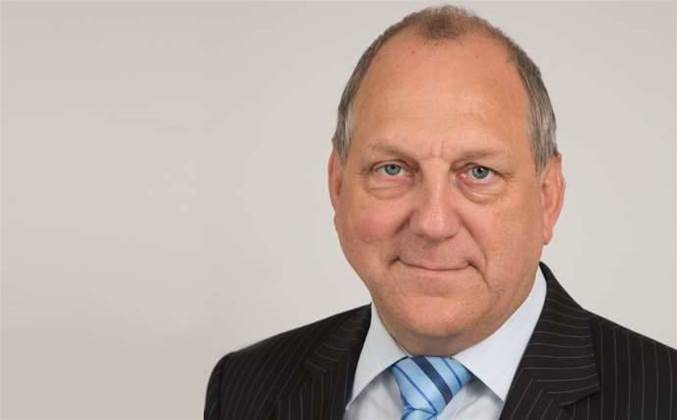The chief executive officer of Australian infosec industry representative group AISA has been ousted from his role in a surprise coup instigated in the days before Christmas.

A shock vote of no confidence in Arno Brok, CEO of AISA for the last year-and-a-half, was moved in the organisation's annual general meeting in mid-December.
That same month a shake-up of AISA's board saw five new members elected - one from security vendor RSA, another from Blue Coat Systems, a third from Thales, one lawyer with security expertise, and a representative from the Australian Cyber Security Centre.
Its deputy chair, Damien Manuel - also the local CISO at security vendor Blue Coat - is acting in the role of chair until a vote is undertaken on February 3, after former chairperson John Green resigned.
At an extraordinary general meeting in the days following the AGM, the new board made the decision to terminate Brok.
The CEO was informed of the decision several days before Christmas Day.
He declined to comment to iTnews.
Brok is understood to have been given three months' notice. He is currently on stress leave, sources told iTnews.
Brok's strategy had involved plans to introduce an accreditation scheme for cyber security workers, expand AISA into New Zealand, and claw back a deficit by charging for things like its annual conference.
AISA's board will now go back to being an operational board rather than a governing board. Prior to introducing the paid CEO role, AISA had relied heavily on volunteers as board members to run the organisation.
Manuel declined to comment directly on Brok's termination.
However, he said the vote of no confidence was a message from AISA's membership base to the board to "sit up and take notice" and provide more value.
He said concentrating all of AISA's work into one individual had resulted in some areas being given more prominence than others. Prior to Brok's appointment, board members were given responsibility for dedicated portfolios.
"I think we moved too rapidly to putting everything on a single individual's shoulder," Manuel said.
"If you had more staff you could handle all those different areas. Moving back to a hands-on board means you've got a group of people with different areas of expertise working together to carry the load."
He singled out AISA's relationship with government as a specific area needing more work, indicating plans to grow the organisation to become the central body between the government and infosec industry.
"We've got a planning day coming up in February where the branch chairs will fly into Melbourne to provide feedback from members and work on the strategy of where AISA should be going in the future," Manuel said.
"We've also started to set up a number of focus groups involving members, industry thought leaders, sponsors, and different segments of the market, with the aim of getting back in touch with the grassroots membership - what are they looking for, what are their expectations, and how can we fulfill them?"
The organisation has a membership base of around 3000 IT security professionals. Its annual membership fee is $70 plus GST.
Correction 19/1: to clarify Manuel is acting in the role of chair until a vote is undertaken.


_(33).jpg&h=140&w=231&c=1&s=0)








 iTnews Executive Retreat - Security Leaders Edition
iTnews Executive Retreat - Security Leaders Edition
 iTnews Benchmark Awards 2026
iTnews Benchmark Awards 2026
 iTnews Cloud Covered Breakfast Summit
iTnews Cloud Covered Breakfast Summit
 The 2026 iAwards
The 2026 iAwards












_(1).jpg&h=140&w=231&c=1&s=0)



